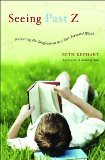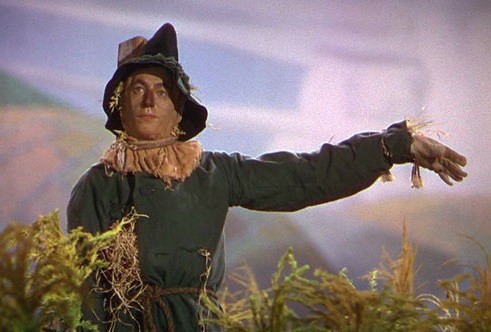Nurturing the imagination
 Seeing Past Z: Nurturing the Imagination in a Fast-Forward World is a memoir. It offers Beth Kephart’s experience as a mother cultivating in her child a love of reading, reflection, and imaginative vitality. The book spans several years, and we come to know and respect her for her ability to stand back and give her son room to develop.
Seeing Past Z: Nurturing the Imagination in a Fast-Forward World is a memoir. It offers Beth Kephart’s experience as a mother cultivating in her child a love of reading, reflection, and imaginative vitality. The book spans several years, and we come to know and respect her for her ability to stand back and give her son room to develop.
Those of us who value the imagination, and the need for children to have unstructured, undirected time for it to develop, feel we’re listening to a kindred spirit in this book. Besides appreciating this encouraging story of a gifted young man maturing, I liked Kephart’s gentleness with Jeremy. Even though it mattered to her very much that he would awaken to the magic of books, she allowed him to move at his own pace. She read to him, and, when he continued to prefer being read to rather than picking up a book himself, she continued to read to him. She even offered an extra-curricular literary group for him and his classmates, in fourth grade and for several summers afterward. (The back of the book provides ideas and resources for such an endeavor.)
I couldn’t help but remember the experience Sven Birkerts describes in The Gutenberg Elegies. He recounts a college literature class in which the students simply could not bridge the gap to read Henry James. How different the fourth graders in this story are! They’re a raucously enthusiastic bunch. I guess the moral is, get them young. And hope for someone as able as Ms. Kephart to step in and lend a hand.
There are a number of parenting definitions scattered throughout the book where Ms. Kephart recasts the aims and hopes of parents. A few examples:
My job as his parent is the job of every parent — to keep giving him more of the world. To thread it in and through, strand by annealing, instructive strand. To make room for him to marvel, shift, consider, and weigh; to enter other people’s stories and begin to tell his own.
I want Jeremy to grow up poking his fingers through the web of mysteries, hoping for the unexpected, taking pleasure or conviction or understanding from what he finds.
Parenting is fractionally commonsensical. The rest is improvisation and soul.
They’re like different pairs of glasses to try on and look at this chapter of life that I’m so immersed in right now, it’s easy to lose the big picture. I should point out, though, that you don’t need to be a parent to find these essays appealing. Anyone who’s protested the reconfiguration of childhood in America as a structured, scheduled phenomenon, and anyone who thinks there’s more to life than math and science, will find themselves nodding their way along.
I enjoyed the glimpse into writing and writing process as well. This, for instance, is an excerpt from a generous passage on wordcraft:
I tell [my son] I try to keep some words in mind when I write from life: Explore as opposed to trump. Suggest instead of prove. Protest, not pronounce. Propose, not demand. Discuss, not win. Record, not brag. I tell him that I think it all comes down to motivation in the end, to compassion, and that sometimes I know I fail at this, sometimes I worry…
The quietly lyrical writing throughout this book — what Lauren Winner describes on the back cover as Kephart’s “inimitable velvet prose” — testifies to the reliability of such sound insight. For an inspiring series of reflections that achieve their effect without preaching, Seeing Past Z is a nourishing read.


